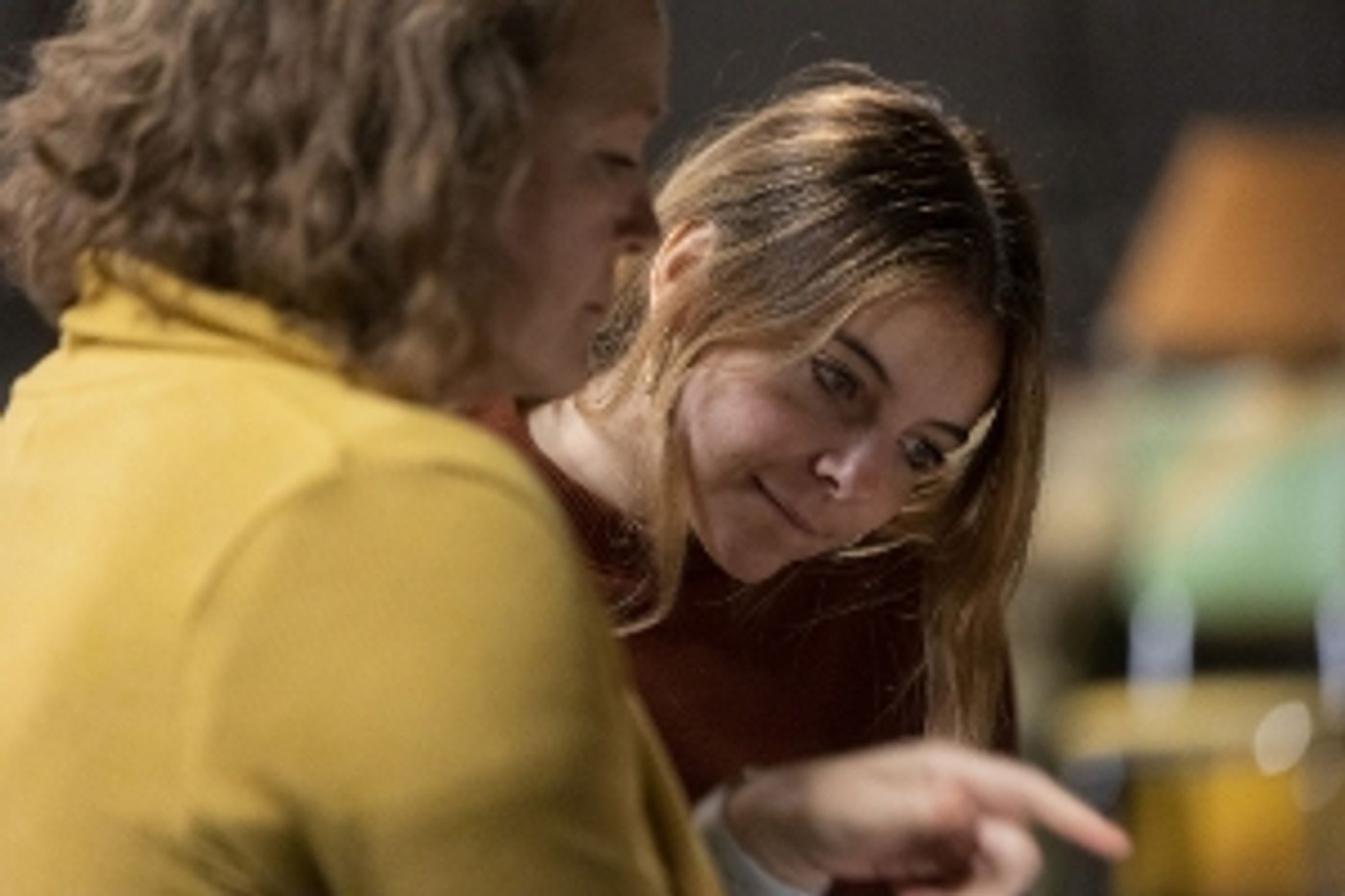Interview: Abigail Deser of THE THIN PLACE at Echo Theater Company
The director shares about her unconventional educational background and how it influences her current work

Director Abigail Deser reflects that, in directing the California premiere of Lucas Hnath's The Thin Place, she responded to the text using all of the tools at her disposal. The show, in her opinion, calls for lyrical moments of choreography, instances of grittiness that evoke the works of Edward Albee or John Cassavetes, and the overall flexing of "intellectual muscles" to engage with the mysteries and metaphors laid out in the text. "As a director," she muses, "you don't come at something with an idea. It's forensic." Her exploration of a text, she explains, is informed by her background. "Making theatre is a marriage of everything I've ever studied."
Her graduate degree in critical studies of art and architecture, in addition to qualifying her to collaborate with scenic designers, also structured her thinking about "volume and space" and to "be mindful of the programme that the set must satisfy." Even her snippets of analysis about Hnath's text smack of architectural thought. She compares the play to a "poem retold in three-dimensional space" and says she is excited to direct something she describes as "strange, hilly, and non-linear with a memory at its center."
She was first pegged as a director when studying acting with William Esper. "Why do you have so many questions about the play? Worry about your acting!", she warmly impersonates. When her acting classmates came to her to get notes on their scenes before they brought them into class, directing felt immediately natural. "I was writing in grad school," she recalls, "but academic research is often a solo endeavor and often felt lonely to me. As a director, I'm investigating the world in collaboration with others."
Deser feels that The Thin Place explores the ways "communication is not only relegated to the realm of the verbal. Intuition plays a major part in our perception of the world." She compares the mystery at the heart of the play to the experience of seeing the body of a loved one after they've passed. "It's clear that unanimated corpse, the body without its anima, does not represent the person one knew. Our relationship to our bodies is like the relationship of a snail to its shell." Further, she feels, "this play truly describes many peoples' experience emotionally since the appearance of COVID. There's a sense that the things we used to be sure of have shifted and the Earth doesn't feel as reliable under our feet."
It is exciting that an artist with such a dynamic approach to staging works is tasked with premiering one of Hnath's latest plays in California.
Videos

